
Analysis finds increased social spending was positively associated with population health measures in Canada at the provincial level.

Analysis finds increased social spending was positively associated with population health measures in Canada at the provincial level.

The publication of a new study poses novel questions for dual-use research of concern and if such work should have been published.
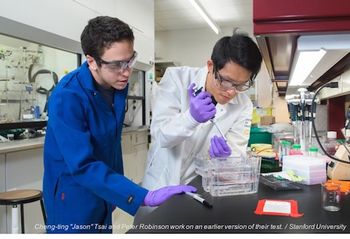
The test combines the convenience of the saliva test with the reliability of the blood test.
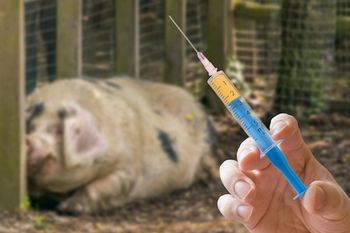
A new article suggests that in order to combat antibiotic resistance in lower- and middle-income countries, particular attention needs to be paid to emerging One Health challenges.
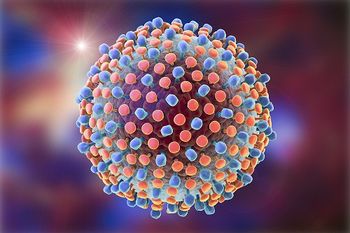
The opioid epidemic in the United States has led to a sharp increase in hepatitis C cases, and with that, a rise in hospitalizations according to a new report.

A new data analysis suggests that individuals born at the time of a flu pandemic are more susceptible to death in future pandemics.
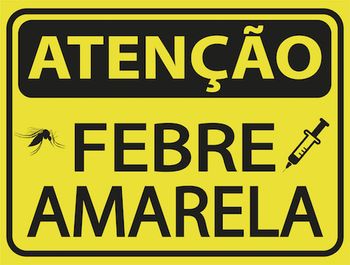
A total of 22 cases of yellow fever have been confirmed in Minas Gerais since July 2017 and 15 of those individuals have died.

The CDC is investigating a multistate Salmonella outbreak that has been linked to frozen shredded coconut products.

Three medical centers in the United States have now been approved to perform kidney transplants from living HIV-positive donors to HIV-positive recipients. We break down the risks and benefits.
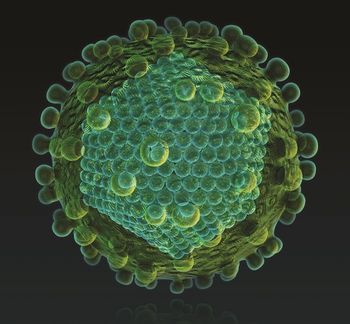
A new study confirms the ribavirin steady-state serum levels that correspond to high rates of efficacy and low adverse events.

Stay up-to-date on the latest infectious disease news by checking out our top 5 articles of the week.

We've compiled a list of the latest US Food and Drug Administration (FDA) recalls posted this week that you should know about.
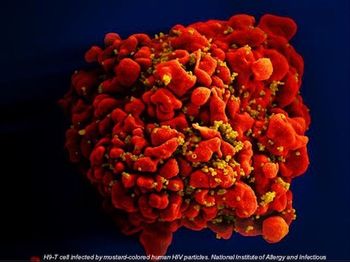
University of Western Ontario investigators have found that the genetic diversity of HIV-1 during early infection is greater in the vaginal tract than in the bloodstream.
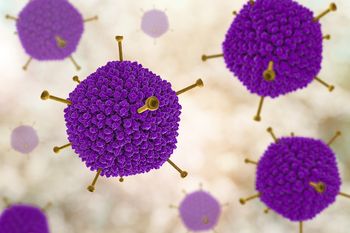
A recent study from the Lovelace Respiratory Research Institute shows that human adenovirus type 4 may be an underestimated cause of acute respiratory disease among adults.

New research suggests that the main mode of transmission during Europe’s Second Pandemic of plague may have been human fleas and lice.

Investigators from Massachusetts General Hospital (MGH) have made some interesting findings about methicillin-resistant Staphylococcus aureu (MRSA) that may hold the key to curbing lymphatic repercussions.

SHEA has released expert guidance advising hospitals on when they can safely take patients with multidrug-resistant bacteria off of contact precautions.

A new study suggests that Salmonella may have played a significant role in an epidemic that killed over 7 million Aztecs during the 16th century.

A new article urges researchers and clinicians to consider the possibility that the rise in oral sex practices could ultimately contribute to female infertility when it comes to chlamydia.

The World Health Organization (WHO) has recommended visitors to Sao Paulo, Brazil, should consider getting the yellow fever vaccine before visiting.
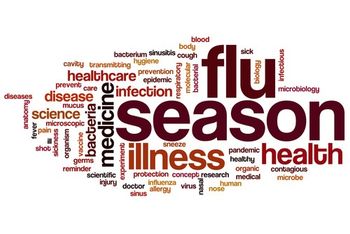
The Centers of Disease Control and Prevention (CDC) held a recent briefing on flu season as 49 states report widespread flu activity.

Bill Gates always puts his money where his mouth is.

A recent study compares the effectiveness of a novel fidaxomicin therapy with vancomycin for the treatment of C. difficile.

The New Jersey Department of Health issued a public health alert, warning of potential measles exposure at Newark Liberty International Airport.

An uncommon disease, tularemia, can pose unique challenges for health security and response efforts.

Researchers from Columbia University develop a surveillance system that uses Yelp reviews to identify and monitor food-borne illnesses.

A new study challenges common misconceptions associated with cases of non-ventilator hospital-acquired pneumonia, emphasizing the need for a broader use of preventive measures.

Seeing upwards of 85% of children in the United States each year, dentists are key to promoting HPV prevention methods, but more training and education is needed first.
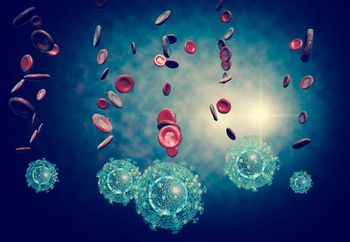
Teva Pharmaceuticals announces an exclusive launch of a generic version of atazanavir capsules for the treatment of HIV.

New research suggests that the rhesus macaques residing in a popular Florida park should be considered a public health concern, as they harbor a virus that can be deadly if transmitted to humans.